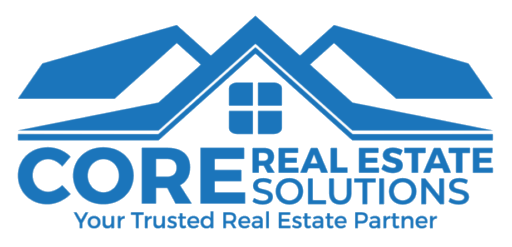
If you own a home when you file for bankruptcy, it becomes part of the bankruptcy estate, the property or assets you own. In October of 2022, there was a twenty-seven percent increase in chapter 13 bankruptcy filings over the previous year. Bankruptcies, including all chapters, total a seven percent increase overall, which correlates strongly with the seven percent increase in inflation. Many homeowners are overwhelmed by their debt. As financial issues due to circumstances beyond their control changed their ability to pay creditors, they find they have no option but to claim bankruptcy, which can stop a foreclosure on their primary residence.
Those with secured and unsecured debts totaling less than $2,750,00 are eligible for chapter 13. However, chapter 7 is a liquidation process in which the trustee sells your assets to pay debts based on your total income, debt, and ability to repay. Often, these homeowners want to sell their houses to solve at least some of their financial difficulties but wonder if it is possible during bankruptcy proceedings. Generally, trying to sell your house using a local real estate agent may not be the best strategy. One of the main reasons is that it takes longer to sell your house using this strategy compared to selling directly to a local home buyer. Most buyers will require financing which will take several weeks to get underwritten and approved by their lender. In addition, they will require a lengthy inspection period, an appraisal to support the purchase price. The buyer or the lender may require expensive repairs to be able to move forward with the purchase. Working with a local home buyer you do not have to go through all of this as they will purchase your property As-Is with no repairs required. A local home buyer like our company can close in 14 days or earlier.
While the rules for the process may differ for the type of bankruptcy you file under, and many factors influence the final determination, for most homeowners, the short answer is yes. So read on as we explore how to sell your house during bankruptcy in Florida. Please note that this article is for informational purposes, not financial or legal advice. You should consult with a local attorney to explore and discuss different options regarding your specific situation. It is important as each individual’s financial situation will be different. The assets and liabilities vary for each bankruptcy case or petition.
Court Permission
To sell real property or obtain approval to sell your house during bankruptcy in Florida, you must file a motion with the court. The motion should detail the selling price, your intentions for the proceeds, and the names of creditors with liens on the property. This process permits creditors and trustees to raise objections, with the court ultimately deciding on the allocation of the funds.
Contingency
When selling a property during bankruptcy in Florida, it is essential to include a contingency clause in the contract. This clause specifies that the sale is subject to obtaining permission from the bankruptcy court. In a chapter 7 bankruptcy, if your home holds substantial equity that is not protected by your bankruptcy exemption, the trustee may decide to sell the property. The proceeds from the sale are used to pay off secured debts such as the mortgage. After settling secured debts, you will receive the exempted amount you are entitled to, with any remaining funds distributed among unsecured creditors based on a pro rata basis.
Proceeds
You may wonder what happens to any proceeds after the mortgage is satisfied when you sell your house during bankruptcy in Florida. Of course, much will depend on your homestead exemption. However, the proceeds will likely go towards paying any remaining unsecured creditors or paying for the bankruptcy case.
Planned Payments
When selling your house during bankruptcy in Florida, under chapter 13, adjustments to your scheduled payments will be necessary. The sale value will determine if you can pay off your plan sooner, with the proceeds allocated directly to the bankruptcy.
Itemized Payoff Statement
When selling your house during bankruptcy in Florida, it’s crucial to request an itemized payoff statement to avoid any unexpected fees. This statement will provide a clear breakdown of all costs involved in the sale process, ensuring transparency and avoiding surprises.
Sell My House Now USA
Seize the opportunity now! Take advantage of the current market trends with low supply and looming interest rate hikes. If you’re considering selling your house during bankruptcy in Florida, the optimal solution is to engage with the cash investors at Sell My House Now USA. At Sell My House Now USA, we prioritize transparency throughout the entire selling process, empowering you to choose the method that aligns best with your circumstances. Our team at Sell My House Now USA will meticulously outline the costs and potential returns associated with a traditional listing through an agent versus our direct offer, which we believe is equitable. As members of the Florida community, we at Sell My House Now USA are dedicated to supporting our neighbors and fostering a positive experience for you well beyond the transaction. Reach out to us at (239) 360-3176 to explore your options today.
When facing bankruptcy, turn to the experienced team at Sell My House Now USA for a guaranteed closing date, zero commissions, and no closing costs. Say goodbye to the hassle of prepping your house for the competitive Florida real estate market. Opt for a stress-free direct sale to our cash investors at Sell My House Now USA with no hidden fees or commissions. Enjoy a seamless selling process without the need for showings. Let a cash investor from Sell My House Now USA purchase your home directly, as-is, for cash during this challenging time. Reach out to Sell My House Now USA at (239) 360-3176 for a worry-free solution.
